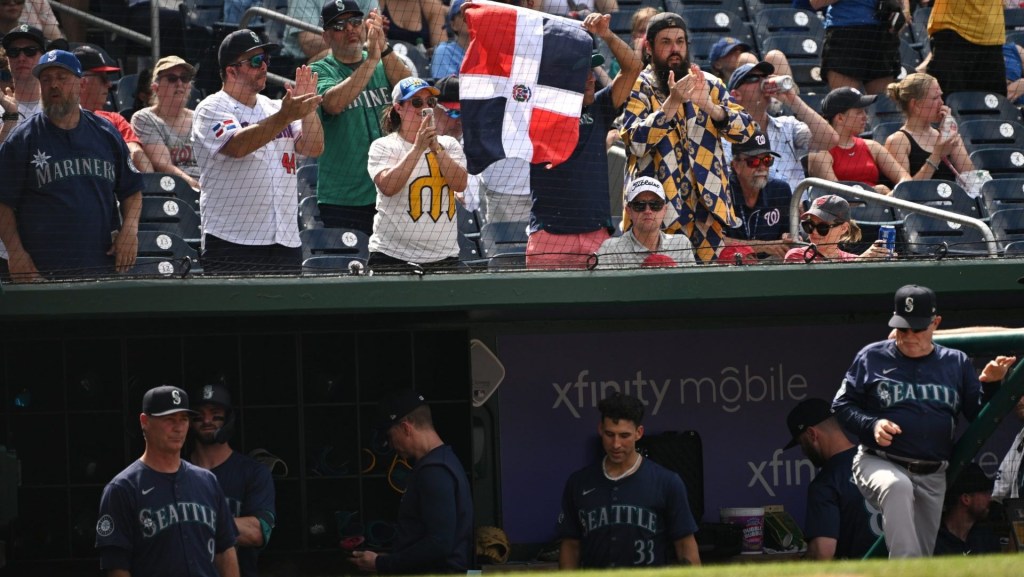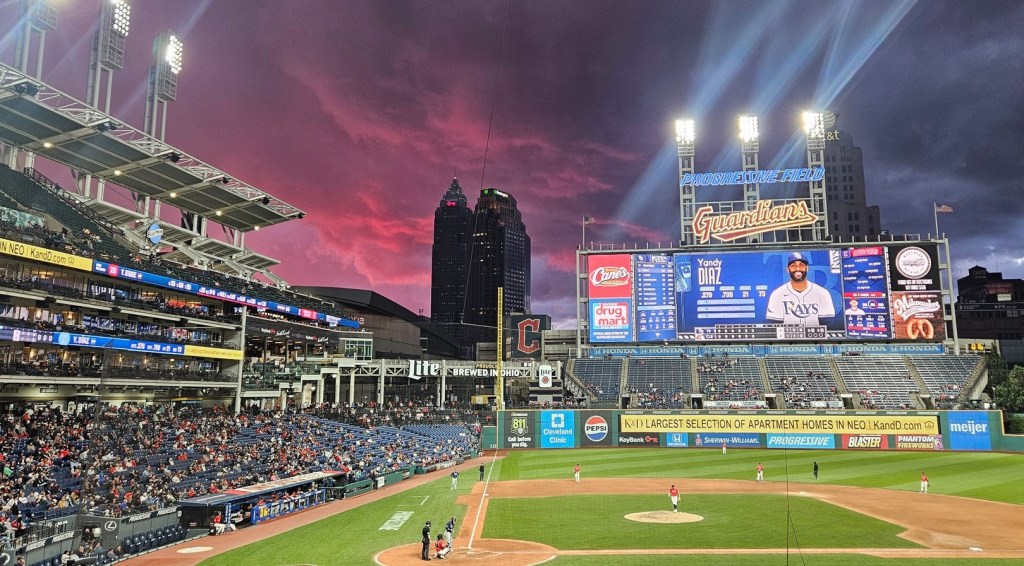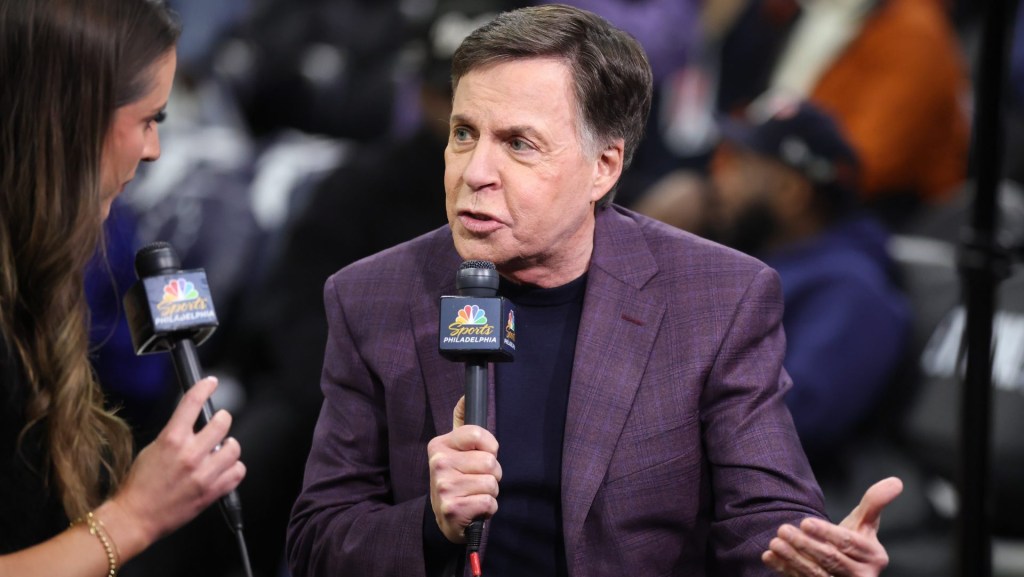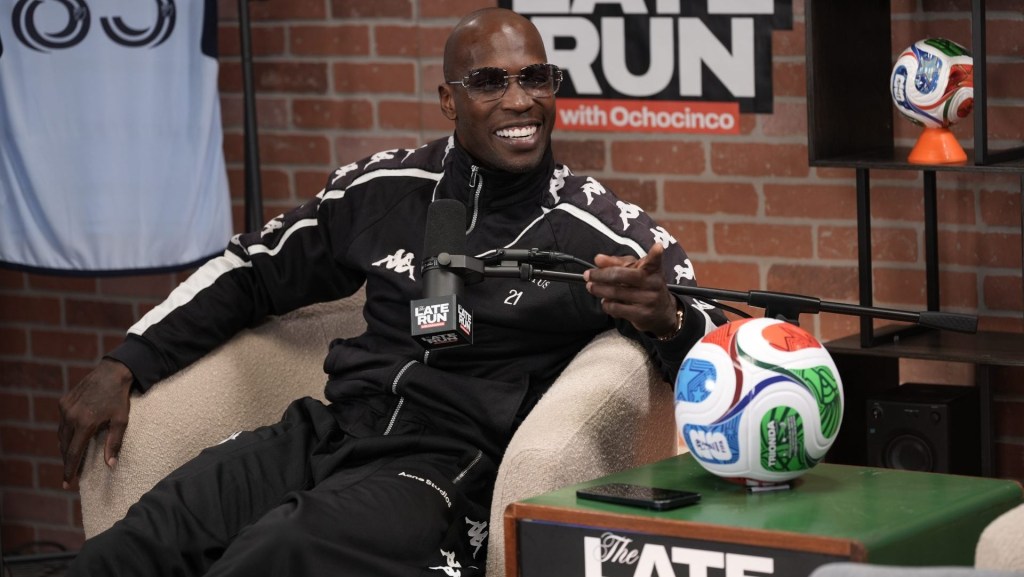A large-scale repositioning of regional sports networks by cable and satellite carriers is gathering speed and impact, and it is now involving two of the country’s largest media markets.
After a short-term extension of a prior carriage agreement with Comcast, the Mid-Atlantic Sports Network completed a new contract with Comcast, the largest cable carrier in the Washington-Baltimore region, which includes the country’s No. 9 and 29 media markets. But the deal carries a major shift: The Orioles-controlled MASN will move from Comcast’s most basic cable tier to a more expensive and less broadly distributed “Ultimate TV” tier.
That change will mean that those wanting to see the Orioles and Nationals in that region will eventually need to pay an extra $20 per month. Comcast is phasing in the switch with a six-month promotion that offers its “Popular TV” customers the ability to transition to “Ultimate TV” for three months with no additional charge, with a $10 surcharge for months four through six.
Other Regions: Comparable Actions
Comcast, essentially tied with Charter as the largest cable carrier in the U.S. with more than 14.1 million subscribers, has made similar moves in the last six months to RSNs in Pittsburgh and Seattle—introducing higher costs for fans of the Pirates and Mariners, respectively—and similar actions are expected in other markets as contract terms end and additional opportunities for renegotiation emerge.
Cord-cutting is hemorrhaging the entire cable business, and Comcast has lost more than 2 million cable customers in the last year and more than 4 million in the last two years. But amid that continued subscriber loss—and other factors such as the still-unsettled state of sports streaming and the bankruptcy of Diamond Sports Group—major cable carriers such as Comcast have gained some greater leverage with RSNs.
That dynamic is amplified further in the case of MASN, as that network hasn’t yet developed an in-market offering similar to what is available in several other MLB markets, and it only livestreams content to authenticated cable subscribers.
But as the Orioles are in the process of being sold to private equity billionaire David Rubenstein, MASN was able to avoid a more extreme situation like MSG Network’s. Comcast has not carried that RSN since 2021 amid a contract dispute that hasn’t been resolved. The MASN deal also arrives as on-field expectations for the Orioles are higher than they’ve been in more than a generation. After a renaissance season in ’23, the club currently boasts MLB’s best spring training record with a mark of 14–2.







![[Subscription Customers Only] Jun 15, 2025; Seattle, Washington, USA; Botafogo owner John Textor inside the stadium before the match during a group stage match of the 2025 FIFA Club World Cup at Lumen Field.](https://frontofficesports.com/wp-content/uploads/2026/02/USATSI_26465842_168416386_lowres-scaled.jpg?quality=100&w=1024)
![[Subscription Customers Only] Jul 13, 2025; East Rutherford, New Jersey, USA; Chelsea FC midfielder Cole Palmer (10) celebrates winning the final of the 2025 FIFA Club World Cup at MetLife Stadium](https://frontofficesports.com/wp-content/uploads/2026/02/USATSI_26636703-scaled-e1770932227605.jpg?quality=100&w=1024)








